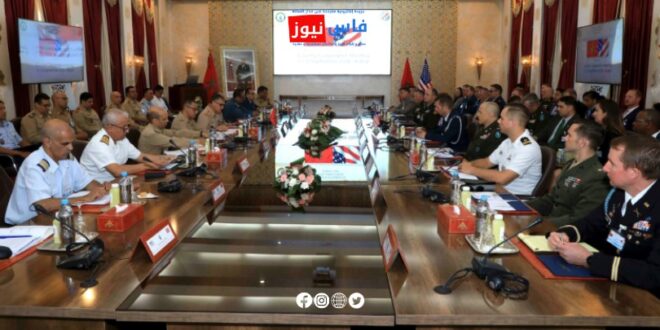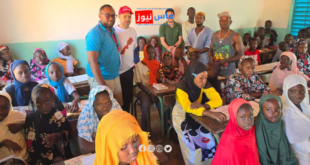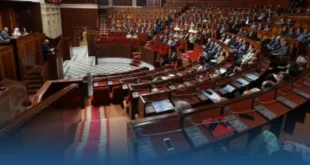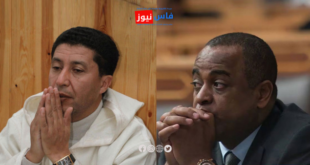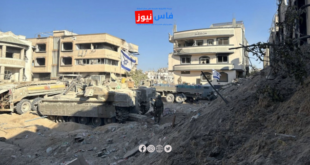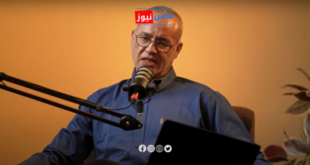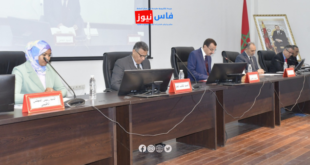The United States-Morocco Cooperation Meeting represents a great opportunity to discuss a wide range of military commitments aimed at enhancing bilateral security cooperation. The Cooperation Meeting (CCM), held annually at the headquarters of the Royal Moroccan Armed Forces in the capital, stands as a living testament to the historical and strategic partnership between the United States and the Kingdom of Morocco.
Importance of the Meeting
This annual meeting provides a vital platform for discussing a wide range of military commitments aimed at strengthening bilateral security cooperation between the United States and Morocco. It is considered an important opportunity to exchange views on regional and global issues of mutual interest.
Areas of Cooperation
The meeting covers several areas of military and security cooperation, including:
- Modernization of the Moroccan Armed Forces
- Enhancing operational compatibility between the armed forces of both countries
- Combating terrorism and violent extremism
- Intelligence information exchange
- Joint military exercises such as the annual “African Lion” exercise
Strategic Partnership
This meeting reflects the depth of the strategic partnership between the United States and Morocco, which has roots dating back to the founding of the United States itself. This partnership was further strengthened by the signing of a ten-year military cooperation agreement in 2020, aimed at renewing the bilateral alliance to face regional challenges.
Significance of the Location
Holding the meeting at the headquarters of the Royal Moroccan Armed Forces in Rabat emphasizes Morocco’s importance as a strategic partner for the United States in the region. It also highlights Morocco’s pivotal role in promoting security and stability in North Africa and the Middle East.In conclusion, the annual US-Morocco Cooperation Meeting serves as living proof of the strength and durability of bilateral relations between the two countries, and affirms their shared commitment to enhancing regional and global security and stability.
 فاس نيوز ميديا جريدة الكترونية جهوية تعنى بشؤون و أخبار جهة فاس مكناس – متجددة على مدار الساعة
فاس نيوز ميديا جريدة الكترونية جهوية تعنى بشؤون و أخبار جهة فاس مكناس – متجددة على مدار الساعة

